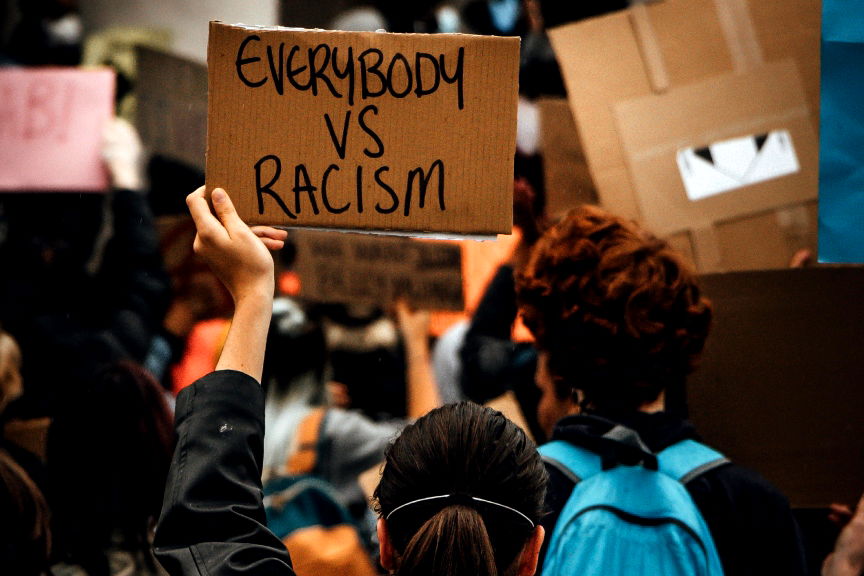Men with bisexual, risk-taking gene variants tend to have more kids: study



By Bryan Ke
A new study from the University of Michigan (U-M) suggests that genetic variants tied to male bisexual behavior and risk-taking are linked to more offsprings.
Major findings: The study, published in the journal Science Advances on Wednesday, reveals that heterosexual males who carry genetic variants related to bisexual behavior (BSB) — known as BSB-associated alleles — father more children than average. Additionally, those who describe themselves as risk-takers tend to have more kids and are more likely to carry the said genetic variants.
While the type of risk-taking behavior was not specified, researchers believe the participants’ self-reported actions include unprotected sex and promiscuity, which purportedly lead to more children. Meanwhile, they found that genetic variants associated with exclusive same-sex behavior (eSSB) are correlated with less offsprings.
How the study was conducted: U-M evolutionary biologist Zhang and U-M graduate student Siliang Song analyzed data of more than 450,000 participants of European descent from the United Kingdom’s Biobank. They asked participants questions such as the number of partners they have had in their lifetime, how many of them were of the same sex and whether they considered themselves risk-takers.
The authors said the results of their study suggest that male BSB-associated alleles are likely to be “reproductively advantageous.”
“Our results suggest that male BSB-associated alleles are likely reproductively advantageous, which may explain their past persistence and predict their future maintenance,” said Zhang. “These results also suggest that risk-taking behavior is the underlying cause of BSB-associated alleles’ promotion of reproduction in heterosexuals. That is, the reproductive advantage of BSB-associated alleles is a byproduct of the reproductive advantage of risk-taking behavior.”
Questions and criticisms: Several experts not tied to the study have raised questions on its methodology. Michael Bailey, a psychologist at Northwestern University who has been studying factors that affect sexual orientation, emphasized that the results are based only on the participants’ self-reported sexual past, ignoring other aspects of sexuality such as their orientation and feelings. Steven Reilly, a geneticist at Yale School of Medicine, criticized the study’s use of Biobank data, saying most of the participants were over 50 and grew up at a time when the U.K. still outlawed same-sex relations.
Meanwhile, Robbee Wedow, a sociogenomicist at Purdue University, who is gay, expressed concerns over potential misinterpretations. “Weak findings like this will be used to create a narrative about bisexuality and evolution that is not true,” he said.
An important note: Zhang and Song said the results of their research contribute to the “diversity, richness and better understanding” of human sexuality. They stressed that their findings do not “suggest or endorse discrimination on the basis of sexual behavior.”
“We should welcome more studies of bisexuality and homosexuality,” Zhang said. “This is partly a biological question, so we should understand it.”
Share this Article
Share this Article







